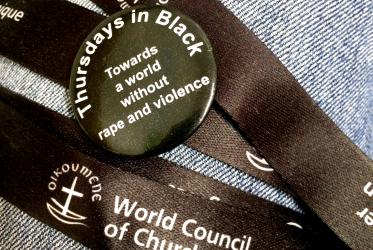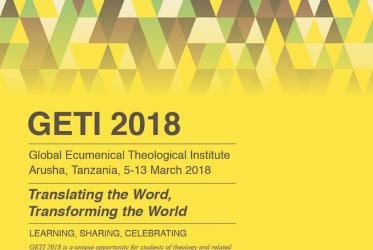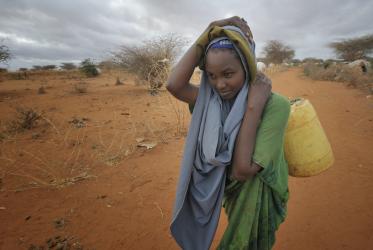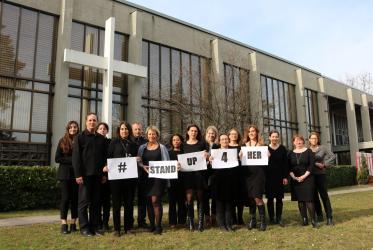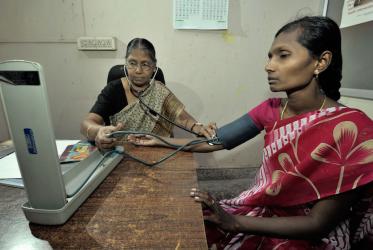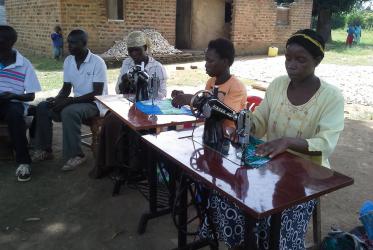Displaying 681 - 700 of 967
UN discussion focuses on women, HIV and property rights
21 March 2017
“It’s time to be brave, to form diverse partnerships”
02 March 2017
Seven weeks of Lent highlight water crisis in Africa
01 March 2017
“Health and healing for all people, that is the challenge”
28 February 2017
Prayer guide inspires women’s empowerment
27 February 2017
Religious leaders explore message of peace in Burundi, DRC
23 February 2017

